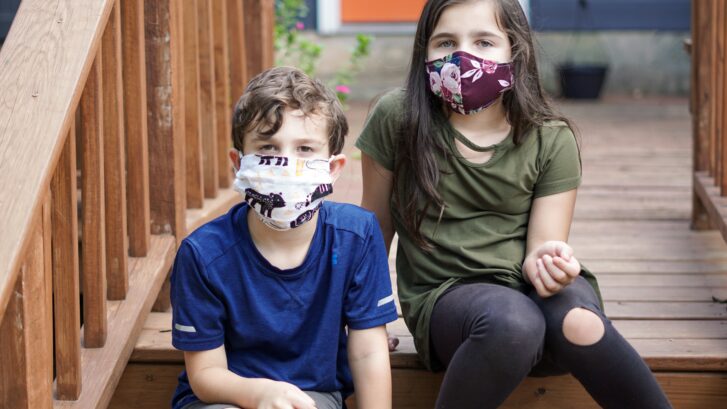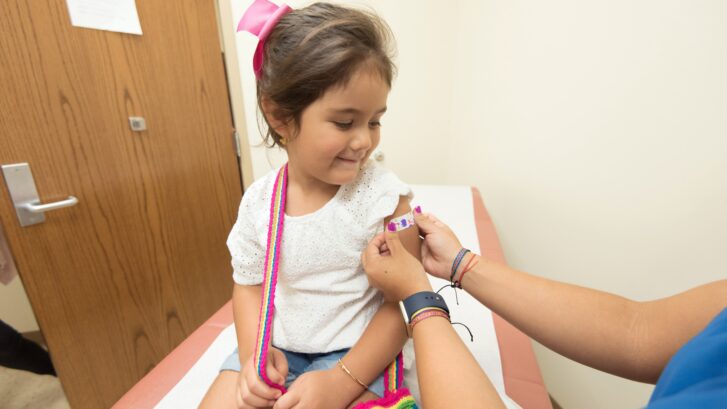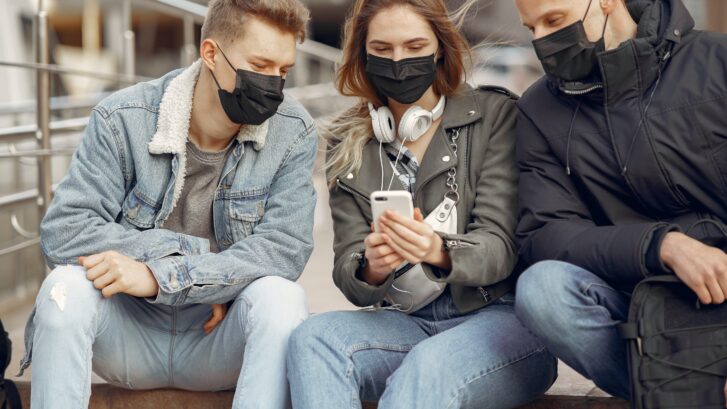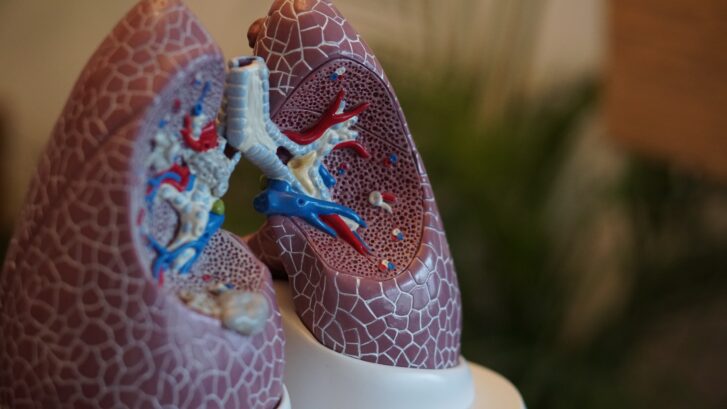Understanding COVID-19 Variants
Our concierge doctors are receiving many questions from our patients about the numerous COVID-19 variants. They want to know what they mean for the vaccine and how worried we should be about them. The U.K. variant, known as B.1.1.7, is spreading more rapidly in Florida at the moment than in any other state. We felt this would be a good time to summarize what we know about all of these questions.










